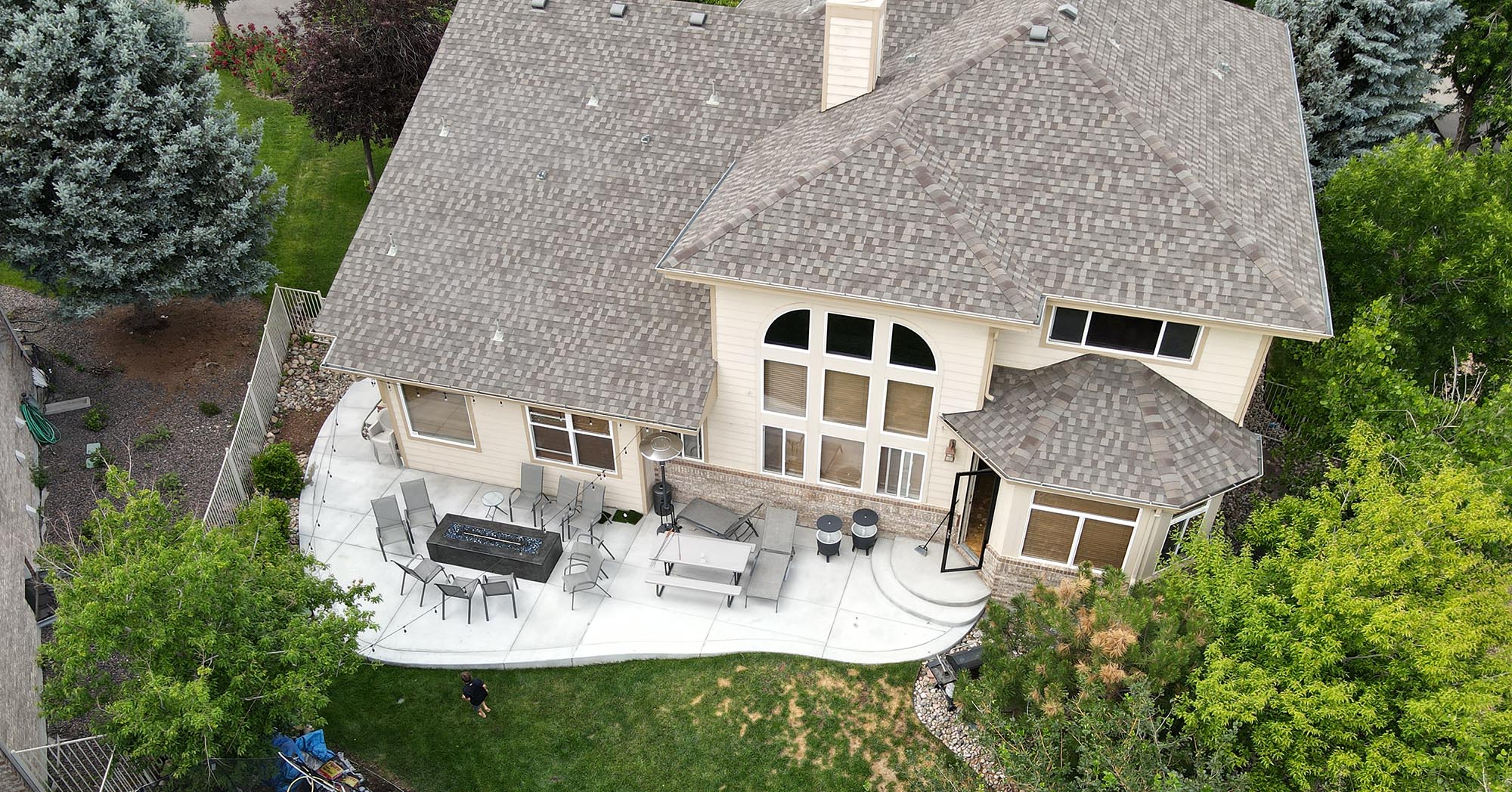
You can either call an electrician in Massachusetts a Master or a Journeyman. They must be licensed and carry General Liability insurance. In addition, they must have a proper apprenticeship. They should have knowledge about electrical systems in buildings. An electrician master is responsible for overseeing stage lighting fixtures' installation, connection, focus, and coordination.
Requirements for a Journeyman's License
Massachusetts has a requirement that electricians have a Journeyman license. To be licensed, an electrician must have at least 8,000 hours of experience and pass an open book exam. You must also have $500,000 insurance coverage and a minimum of one year's experience as an electrician. The cost of getting a license will vary by specialty and location.
You must pass two parts of the exam to become an electrician in Massachusetts. The application part is for general industry practice and the part that covers electrical wiring. The test covers a broad range of legal and business issues. There are also additional requirements for electricians in Massachusetts, depending on the type of license that you are seeking. For example, if you wish to become a master electrician, you must have at least one year of experience as a Class B journeyman. If you don’t have a lot experience in the field, an education program can help you earn your license.

Master electrician license
Professional electricians in Massachusetts must renew their license at least every three year. For your license to remain current, you must complete 21 hours worth of continuing education. You must complete at least 15 hours that cover the Massachusetts Electrical Code. There are two separate examinations to take. You can take both parts on the same day or schedule them to be taken separately. Both exams are computer-generated, open-book. The minimum passing score for both exams is 70 percent.
You must pass the state exam to earn master electrician licenses in Massachusetts. You will be issued a certificate once you have passed the exam. This certificate will specify your name and that you've passed the exam. It will also authorize you to engage in the occupation of systems technician.
Apprenticeship requirements
You must complete an apprenticeship before you can become a Massachusetts licensed electrician. To qualify, you need to have at least 8,000 hours of paid work under the supervision of a licensed journeyman, and 600 classroom hours from an approved school. You may begin schooling during your apprenticeship, or you may start earlier. To find out what experience is accepted for credit towards your training, you should contact the Massachusetts Department of Labor and Training.
Apprenticeship programs in Massachusetts typically take about five years to complete. The program involves a mix of paid work and evening classes. To enroll in an apprenticeship program, you must be at least eighteen years old and have a high school diploma or GED. To prove your ability to learn the trade, you must pass an aptitude test. Massachusetts is home to accredited apprenticeship programs through the Associated Builders and Contractors of Massachusetts Merit Apprenticeship program or its affiliate, Gould Construction Institute.

General liability insurance
If you work as an electrician in Massachusetts, you will need to carry general liability insurance to protect yourself against potential lawsuits. The insurance can be obtained through your employer, or through a general liability agent. It is easy to compare quotes from multiple Massachusetts insurance companies by using an independent agent. You can also compare quotes from multiple Massachusetts insurers using their expertise.
The risks that electrical contractors face include electrocution, fires, and electrocution. Also, tight spaces can lead to serious injuries. Additionally, expensive equipment and tools may get damaged or stolen. This insurance can protect you and your assets.
FAQ
Is a contract of service a warranty?
A service contract is not a guarantee. It is an agreement between parties to exchange goods or services. In this case, the customer agrees to pay the cost of repair or replacement if the product does not perform satisfactorily. This type contract is also known to be called a maintenance agreement.
Can I cancel or terminate my contract at any time?
Yes. However, this must be done within 14 business days of signing your agreement. You can usually terminate your contract by giving written notice up to 7 working days before the end date specified in your contract. But, you could still owe the contractor money if you give too little notice.
What are the payment terms for the service/contractor I am required to pay?
The type of service is dependent on how much you pay. For example, if you hire a contractor to install a new roof, you would typically make payments as soon as the work was completed. However, when you purchase a product from a seller, such as a kitchen range oven, you may only pay once you have received and tested it.
How much does it set you back to get building permission?
It varies depending on the state and the complexity of your proposal. It can also depend on whether you are applying for permission to build or extend your existing house. It can take several months to complete the application process. Be prepared to wait until it is completed.
Do you have any other suggestions?
Yes. Make sure to check your local laws about what type of projects you can do and what conditions you have to comply with. You may need to obtain approval from the local council before you can build in some states. Others state that you need only notify them of the plans. For more information, consult your local authorities.
What documents should I bring when I apply for building permission?
In addition to your SCA, you will need to provide proof that:
-
Visitors can park in the ample parking lot.
-
These routes can be used for access;
-
All utilities are available; and
-
All works conform to applicable planning regulations.
Statistics
- (1) Except as provided in paragraphs (a)(4) and (a)(8) of this section, if the estimated amount of the contract or subcontract is $10 million or more, the contracting officer shall request clearance from the appropriate OFCCP regional office before- (acquisition.gov)
- (ii) Name, address, and telephone number of each proposed first-tier subcontractor with a proposed subcontract estimated at $10 million or more. (acquisition.gov)
- Depending on the client's trustworthiness and financial stability, a deposit is usually 10 to 50% of the total contract amount. (lawdepot.com)
- (v) Place or places of performance of the prime contract and first-tier subcontracts estimated at $10 million or more, if known. (acquisition.gov)
- While we offer all our high-quality services at competitive prices, we know that many who need our services are on fixed incomes, so we offer a 10 percent discount for seniors and military members. (homeservicecontractorsinc.com)
External Links
How To
How can I get started with the negotiation of my first service arrangement?
Negotiating the terms of your first service agreement can seem overwhelming.
However, it does not have to be difficult for you to negotiate the terms of your first contract.
It all comes down to how prepared you are.
Before you start to negotiate, ensure you are familiar with the terms and conditions for your first service agreement.
You should be clear about what you will do for your customer.
And it is essential to understand what your customer expects.
Once you have a clear understanding of your expectations, you can prepare for negotiations.
The more information you have, you will be better prepared for when you meet up with the other party.